Keywords: Australian Catholics University
-
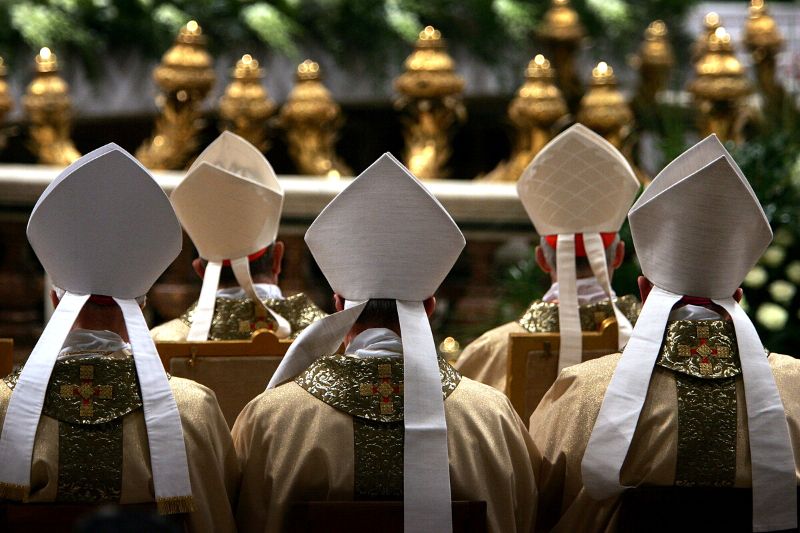
RELIGION
- Bill Uren
- 16 November 2023
7 Comments
Just two days before the opening of the recently concluded Synod on Synodality, five senior Cardinals — German Cardinal Walter Brandmüller, United States Cardinal Raymond Burke, Guinean Cardinal Robert Sarah, Hong Kong Cardinal Joseph Zen and Mexican Cardinal Juan Sandoval Ìñiguez — brought to public notice the five ‘Dubia’ (Doubts).
READ MORE
-
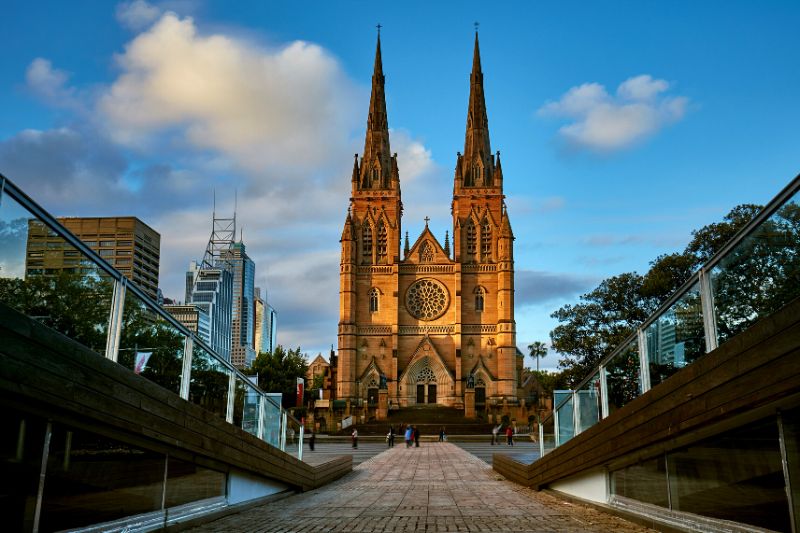
RELIGION
- John Warhurst
- 14 November 2023
11 Comments
Religion and politics are frequent bedfellows. Despite many clerics and bishops holding strong political views, and many lay Catholics being active within political parties, the successful embrace of synodality depends upon finding middle ground, and leaders who respect a diversity of views.
READ MORE
-
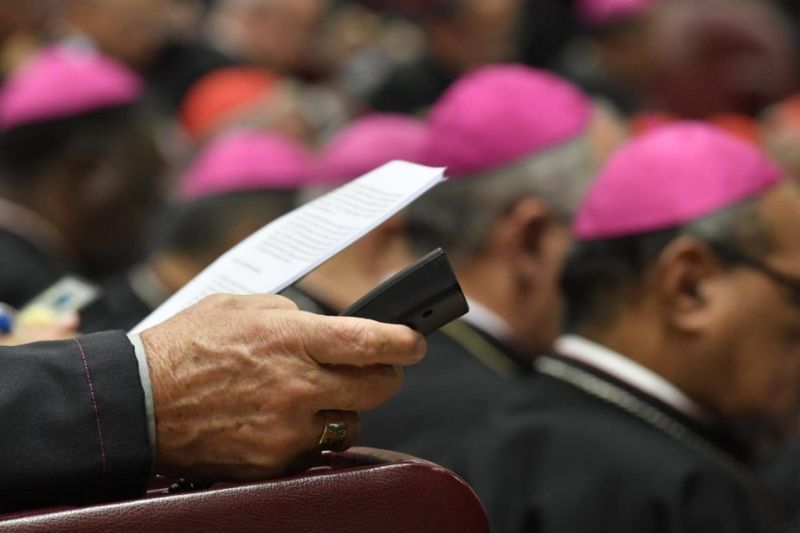
RELIGION
- John Warhurst
- 18 October 2023
9 Comments
This month we navigate the dual milestones of a failed constitutional referendum and the First Assembly of the Synod of Bishops. Seemingly disparate, these events converge in debates over tradition, leadership, and discourse. Their outcomes promise to shape the nation's spiritual and secular contours for generations.
READ MORE
-

EDUCATION
- Michael Furtado
- 28 September 2023
38 Comments
As Australia grapples with educational inequality, those in the Catholic education system must ask: how do we test for a clear commitment to Catholic Social Teaching and the seminal role it plays in enunciating the guiding principles of Catholic education, particularly in regard to it being offered, ‘first and foremost … to the poor’?
READ MORE
-

RELIGION
- John Warhurst
- 14 September 2023
46 Comments
As the Voice Referendum campaign intensifies, many Catholic groups rally behind the Voice. But Australia's church leaders remain above the fray, maintaining neutral positions. As the lines between faith, politics, and indigenous rights blur, should the bishops be more prescriptive on how to vote?
READ MORE
-
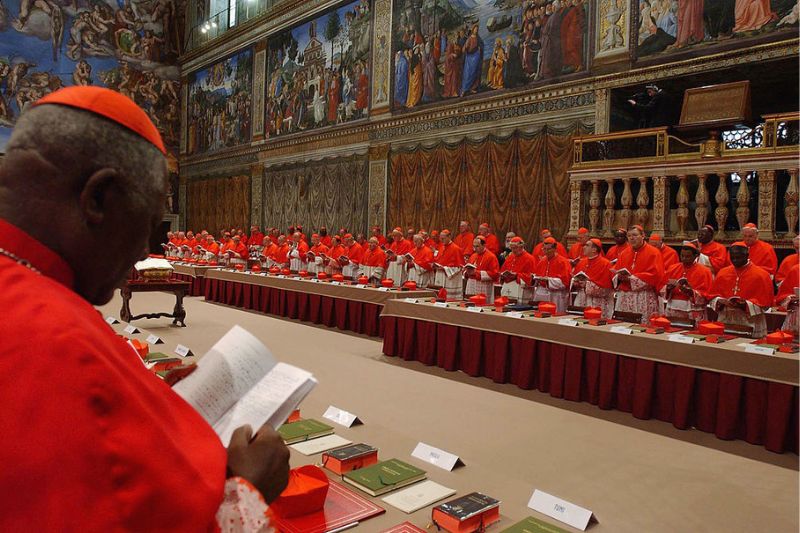
RELIGION
- Miles Pattenden
- 06 September 2023
4 Comments
In a recent interview, Professor of Church History and conclave expert Alberto Melloni passionately argued that the current conclave system, shrouded in secrecy and absent of clear criteria, might be outdated. With the Catholic Church facing unprecedented scrutiny, and in light of reforms initiated by Pope Francis, is it time for the Vatican to reconsider how its supreme pontiff is chosen?
READ MORE
-

RELIGION
- John Warhurst
- 15 August 2023
43 Comments
In Australia, Catholic schools are thriving amidst declining parishes. As the Synod on Synodality looms, can these institutions, grappling with a diverse, increasingly secular student body, reshape the future of the Catholic Church in Australia?
READ MORE
-
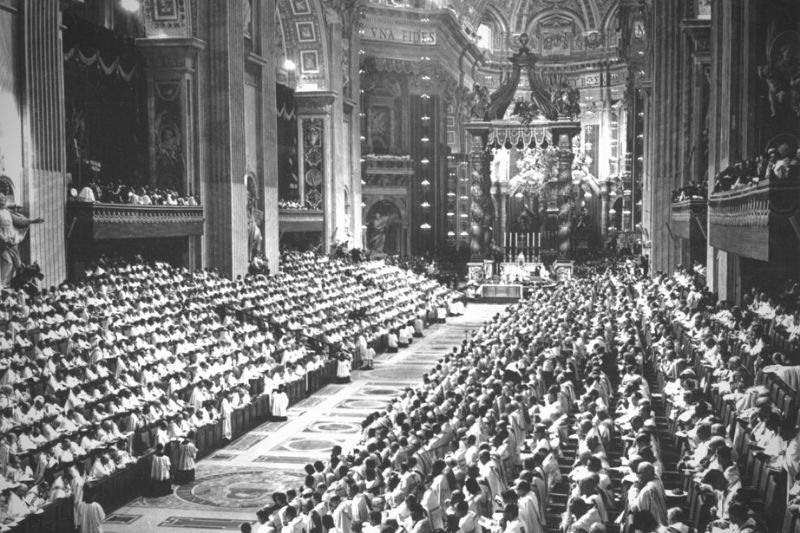
RELIGION
- Emmanuel Nathan
- 20 July 2023
26 Comments
Digitisation of memory risks erasing historical appreciation of debates around the Second Vatican Council, where binary responses often eclipse the Council's nuanced narrative. To truly understand its impact, we must not outsource memory, but connect personally with this transformative chapter of our faith's history.
READ MORE
-
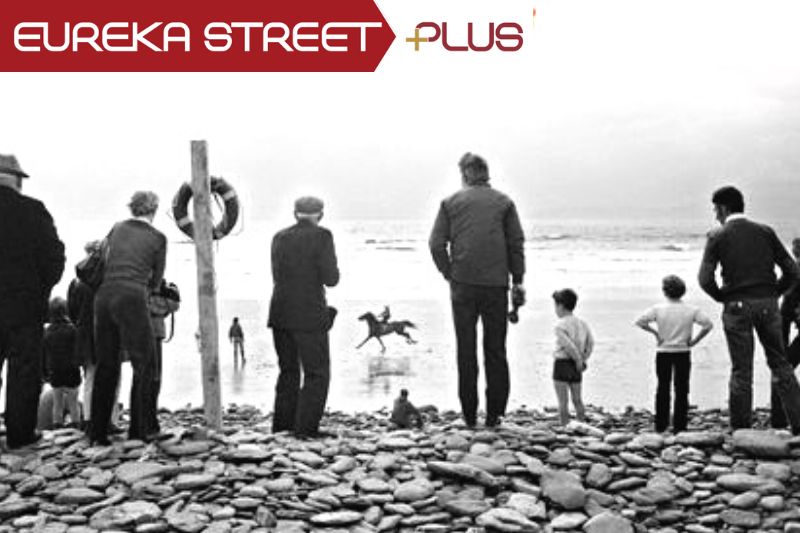
ARTS AND CULTURE
- Gillian Bouras
- 07 July 2023
1 Comment
Comparing perspectives from different generations of Irish writers, Fintan O'Toole explores the weight of Ireland's 'lovely past', its unaddressed traumas, and their impact on the present. Addressing themes of change, politics, and religion, his narrative offers an unflinching exploration of the Emerald Isle's history.
READ MORE 
-
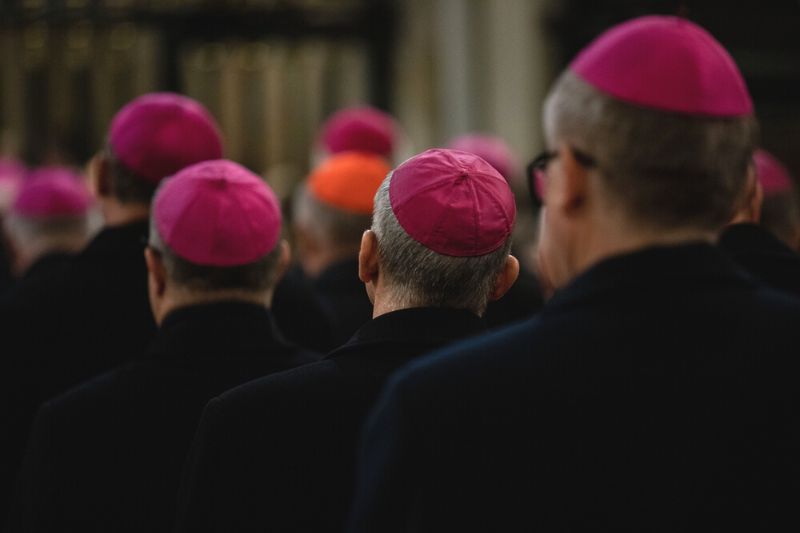
RELIGION
- John Warhurst
- 05 July 2023
11 Comments
As the Vatican releases the working document for the first Synod on Synodality, reactions within the Catholic community are mixed. While many applaud its open approach to divisive issues, others deem it too progressive or insufficiently thorough. Australian bishops encourage engagement, but the road ahead poses significant challenges.
READ MORE
-
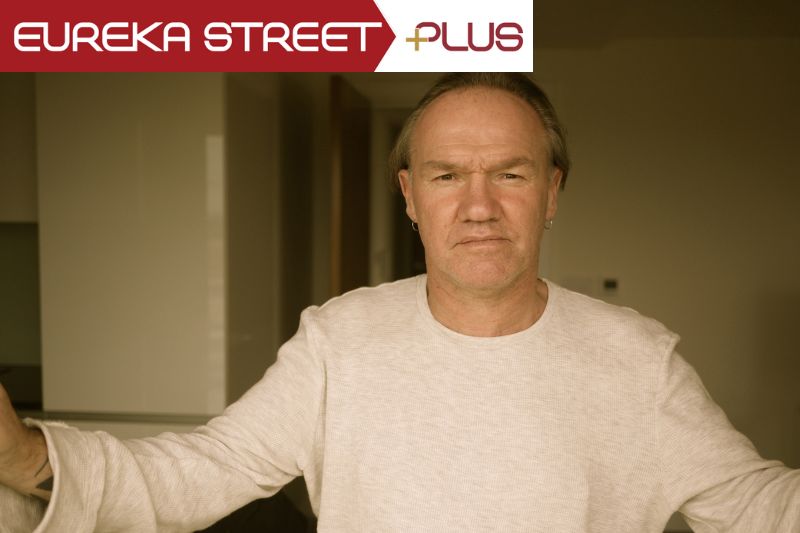
ARTS AND CULTURE
- Paul Mitchell
- 23 June 2023
1 Comment
Renowned author and academic Tony Birch is known for his insightful and compelling narrative explorations into societal issues like marginalisation, Aboriginal identity and racial struggles. In conversation with Paul Mitchell, Birch discusses his work, the unique intersection of academia and creative writing, and the profound impact of historical dispossession.
READ MORE 
-
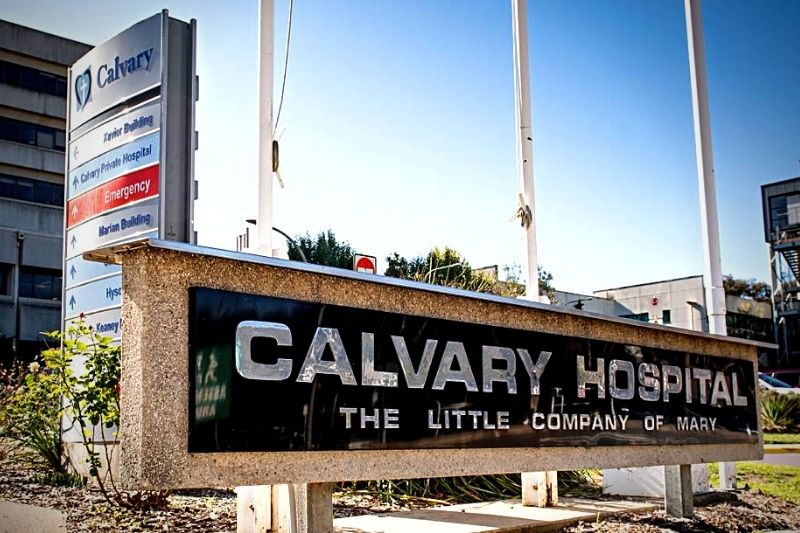
AUSTRALIA
- John Warhurst
- 01 June 2023
25 Comments
Amidst escalating tensions, the ACT government's move to acquire Calvary Public Hospital is facing strong backlash from the church. With claims of hasty decision-making and allegations of anti-religion bias dominating the discourse, this crisis highlights the societal shift towards secularism and questions the role of religious entities in managing public services.
READ MORE